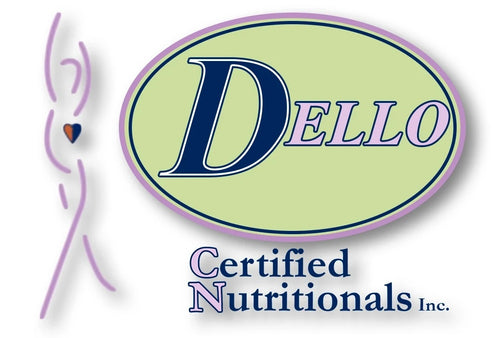Healthy eating is the foundation for everything - fat loss & weight management, prevention, slower aging and managing lifestyle diseases. The challenge is…what should you eat??? If you go to the bookstore you will be overwhelmed in the “diet and nutrition section” by a multitude of different theories-low fat, low carb, vegetarian, high protein.
How do you know what the right nutritional approach is for you without going to school and getting a degree in biochemistry?

The answer lies back in our ancestry and in our biochemistry. Thankfully, this doesn't mean that you will have to go back to school and study anthropology and chemistry-we have put it all together for you and it is based on following these simple principles.
- Eat a diet balanced in its macronutrient ratios-protein, fats, high fiber carbohydrates and non-starchy vegetables to balance hormone response (insulin, glucagon and CCK).
- Eat from the rainbow of non-starchy vegetables and fruits to get a variety of “phytonutrients” (plant based vitamins, minerals and antioxidants).
- Eat a moderate amount of healthy fats per day including extra virgin olive oil, coldwater fish, raw nuts and seeds and avocados to help with satiety (feeling full), brain and nervous system function, balance hormone response and to control inflammation.
- Eat protein based on your lean body mass, activity level and state of health-divide this total protein amount over the day and eat some at each meal and snack.
- Choose carbohydrates that are unrefined or as least refined as possible that contain a lot of fiber like legumes (lentil, black beans, etc.), whole grains, sweet potatoes, berries and apples).
- Eat 3 meals and 1-2 snacks throughout the day to maintain blood sugar balance and avoid the raising of stress hormones from skipping meals.
